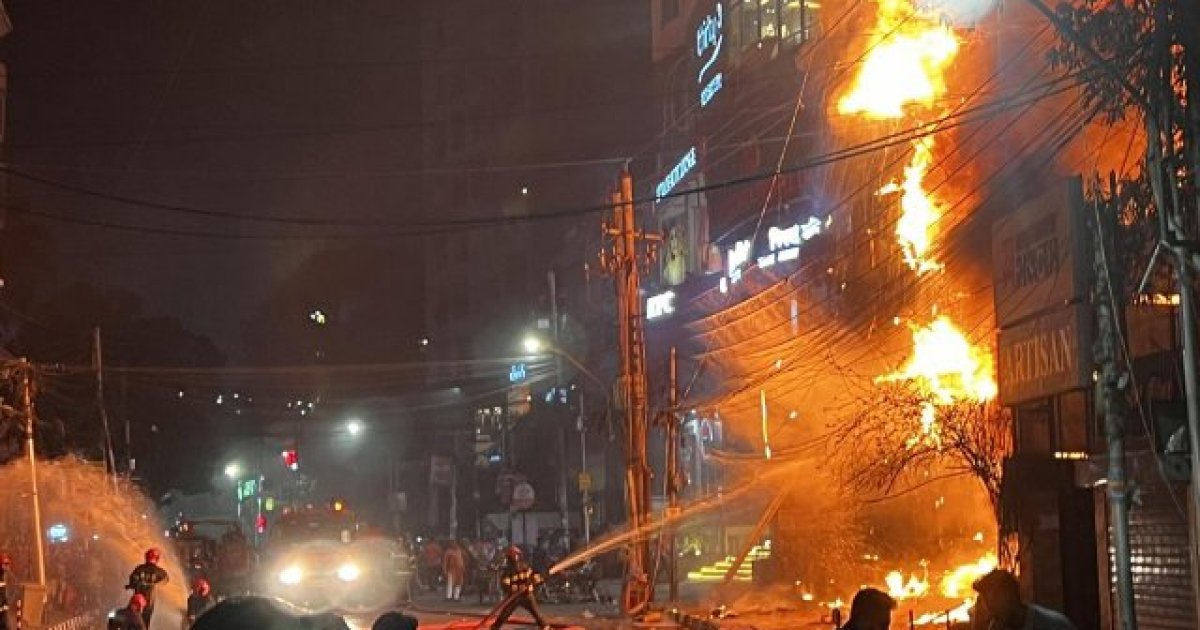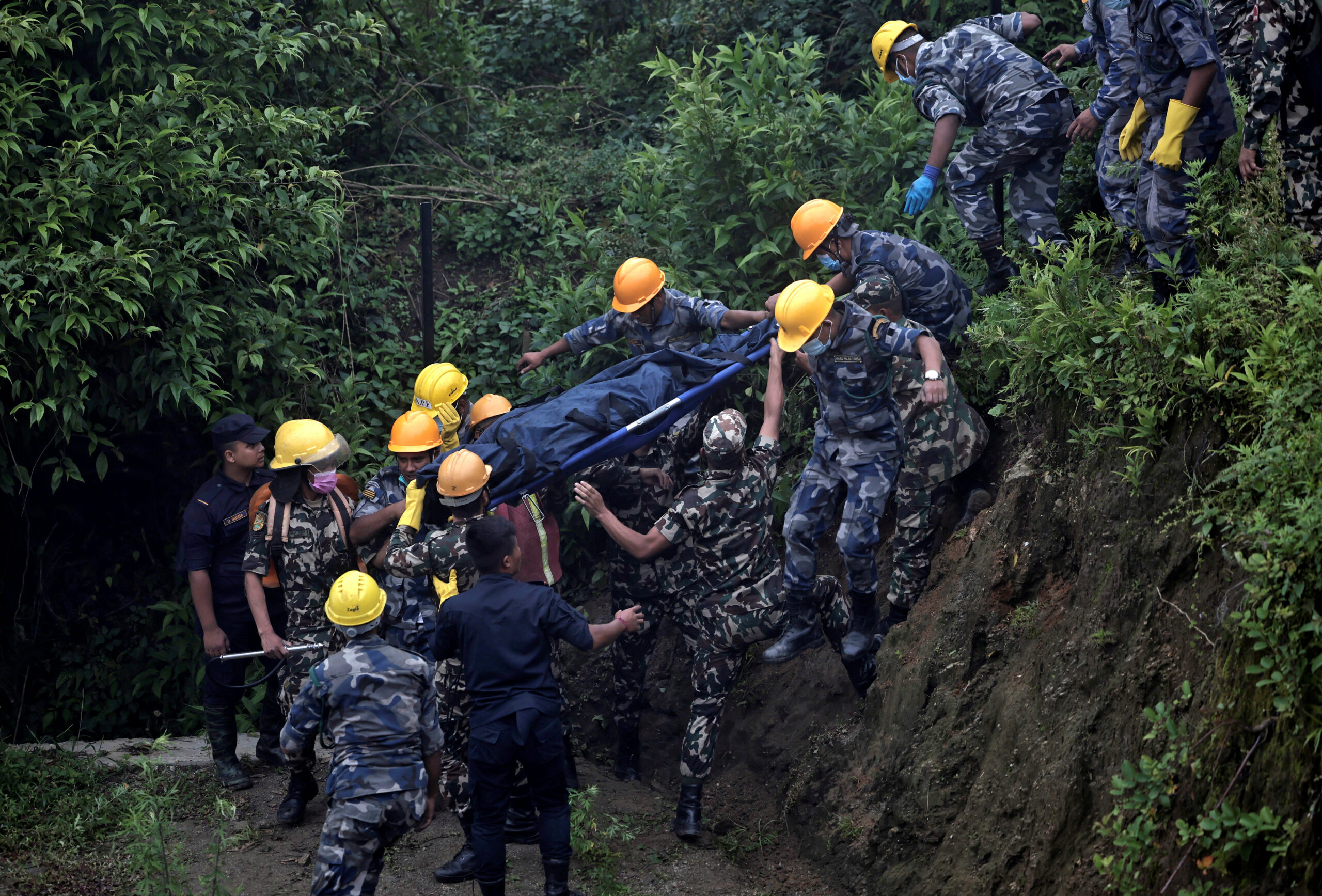Bangladesh’s economy is grappling with severe challenges as unprecedented political unrest and student protests continue to disrupt the nation.
Since July 1, Bangladesh has experienced significant political upheaval, culminating in Prime Minister Sheikh Hasina’s dramatic escape to New Delhi. This crisis has led to substantial economic losses, estimated to be in the billions of dollars. Nobel Laureate Muhammad Yunus is set to lead an interim government in Dhaka, while businesses face the fallout from this extraordinary situation.

Economic Fallout from Student Protests and Political Instability
The ongoing student protests, curfews, and communication blackouts have inflicted severe damage on Bangladesh’s economy. The Foreign Investors Chamber of Commerce and Industry (FICCI) reported losses of $10 billion due to these disturbances. Additionally, key industries, such as the garment sector—a major revenue source—were temporarily shut down, though some factories have recently reopened.
Reuters also highlighted that at least one major Indian clothing producer has redirected its production from Bangladesh to India for the rest of the year. This move underscores growing concerns about trade disruptions and supply chain stability.

Business Implications and Global Supply Chain Concerns
The political instability has cast doubt on Bangladesh’s role as a viable alternative to China in global supply chains. “For those considering Bangladesh as part of a China+1 strategy, the current instability raises questions about its attractiveness,” Vina Nadjibulla, Vice President of Research and Strategy at the Asia Pacific Foundation of Canada, told Al Jazeera. She emphasized the urgent need for restored law and order to prevent further disruptions to international supply chains.
Future Prospects and Economic Challenges
As the interim government works to restore stability, it will need to address the economic issues that sparked the protests. With about 67 percent of Bangladesh’s 170 million people aged between 15 and 64, and over a quarter aged between 15 and 29, there is a pressing need for economic reforms. Despite achieving an average growth rate of 6.25 percent annually over the past two decades, Bangladesh still faces significant economic inequality and poverty. Last year, around 40 percent of young people aged 15-24 were neither employed, studying, nor in training.

Bangladesh is at a critical crossroads as it navigates through this period of intense political and economic turmoil. Restoring stability and addressing the underlying economic issues will be crucial for the country’s recovery and future growth.
Stay informed on the latest developments in Bangladesh and their impact on the economy by following our comprehensive coverage and expert analysis.





